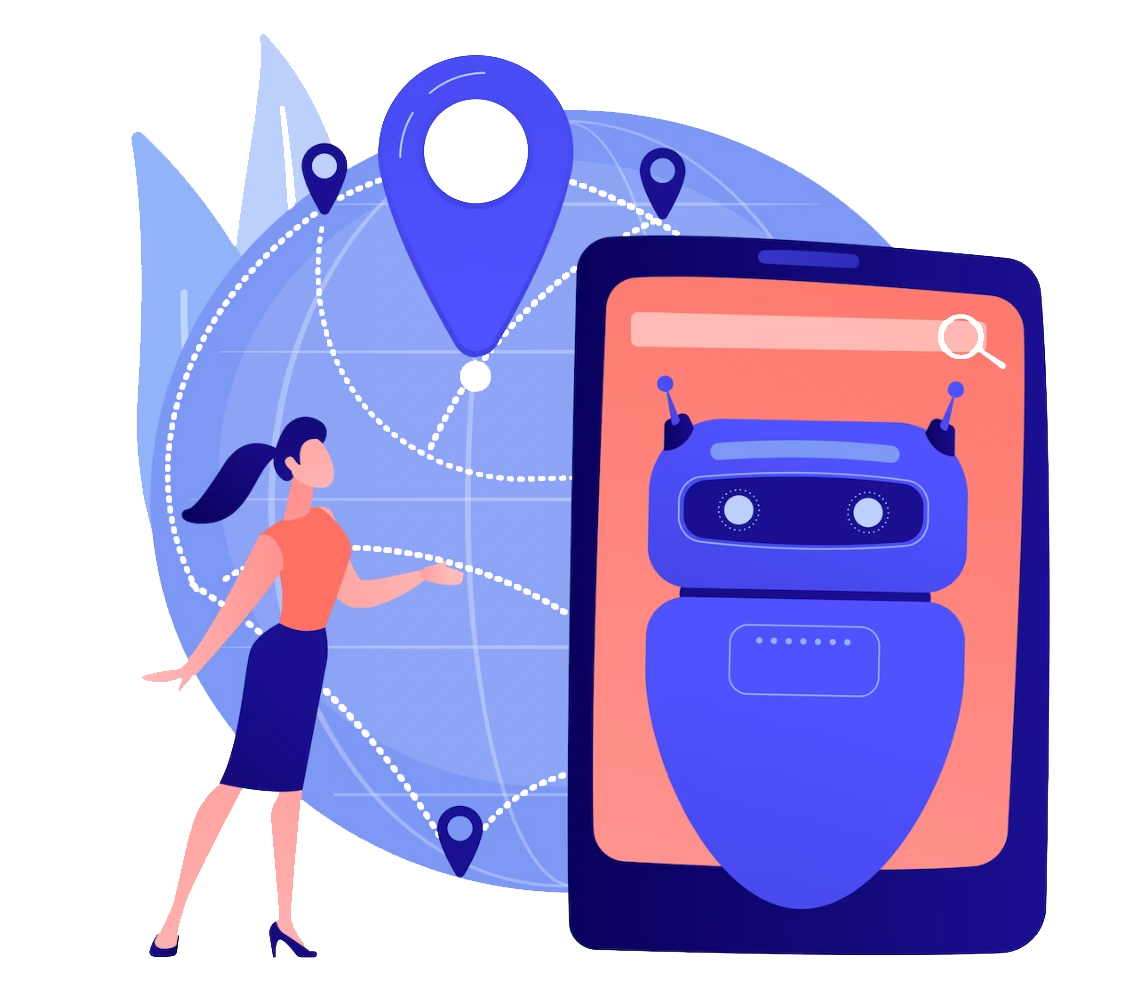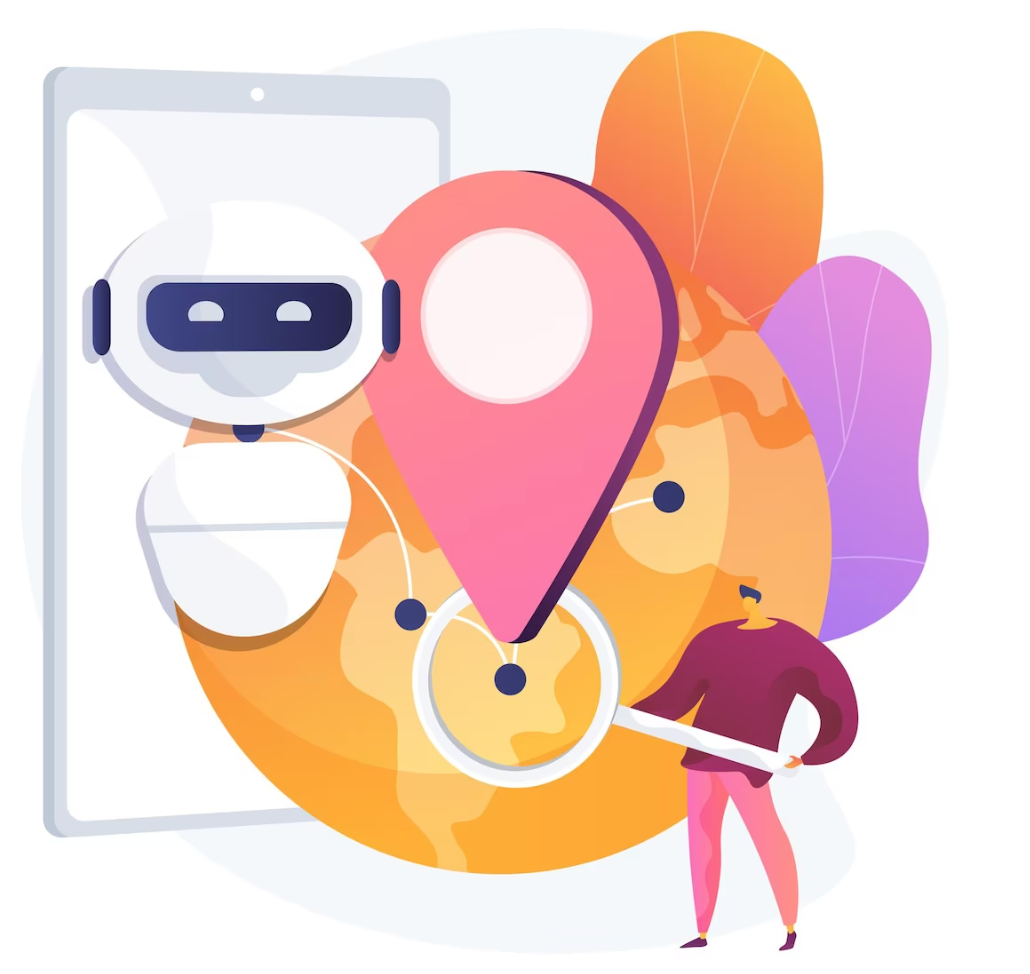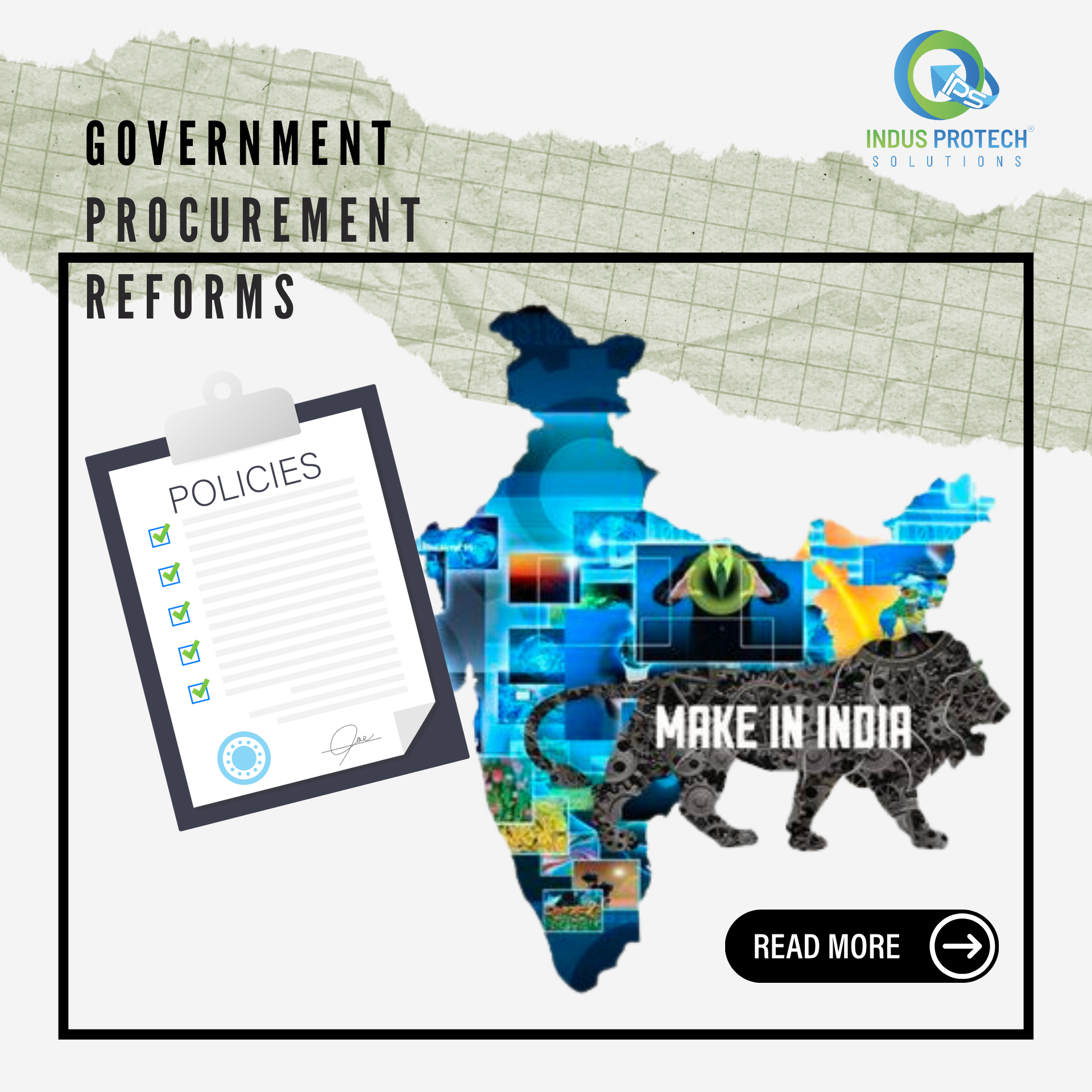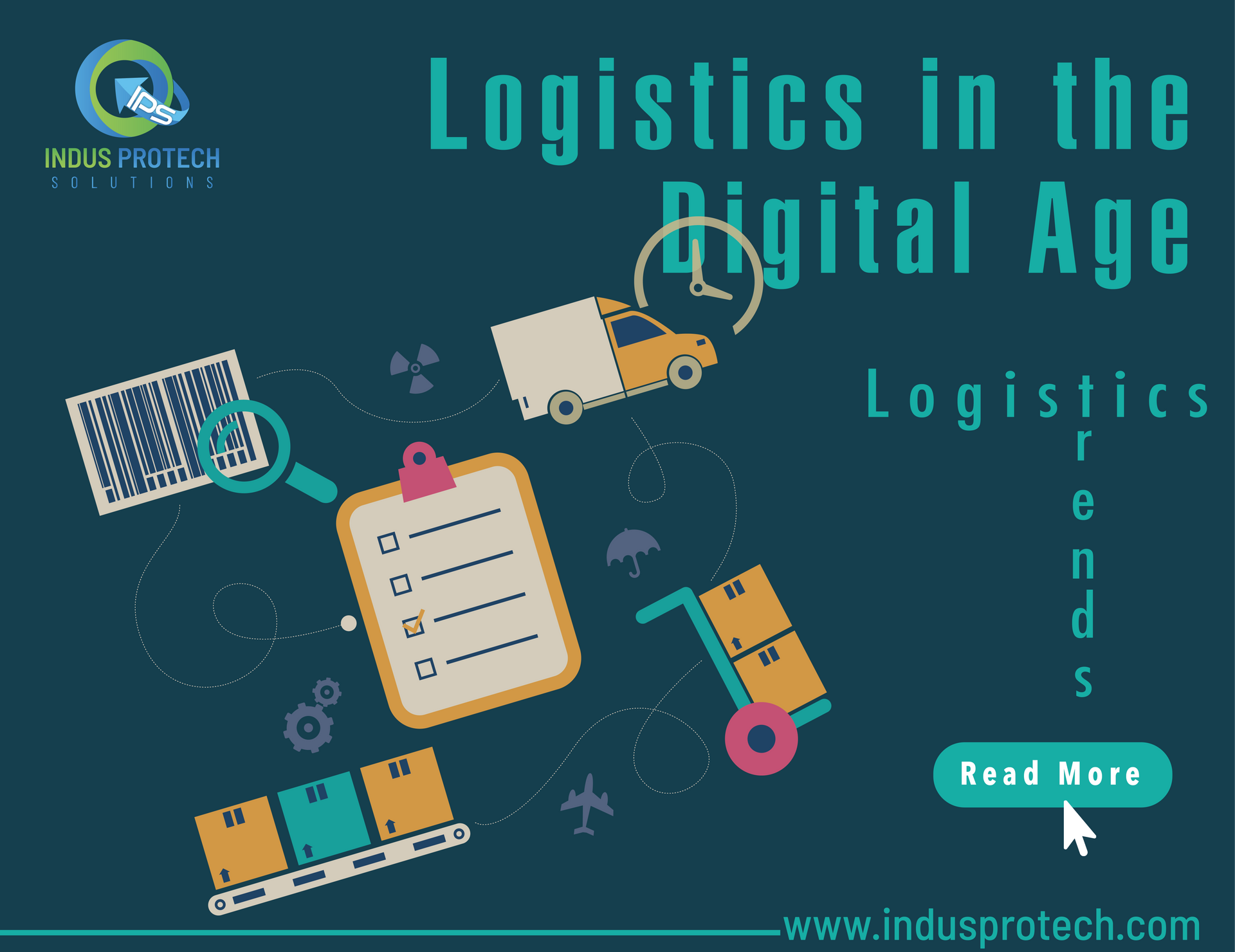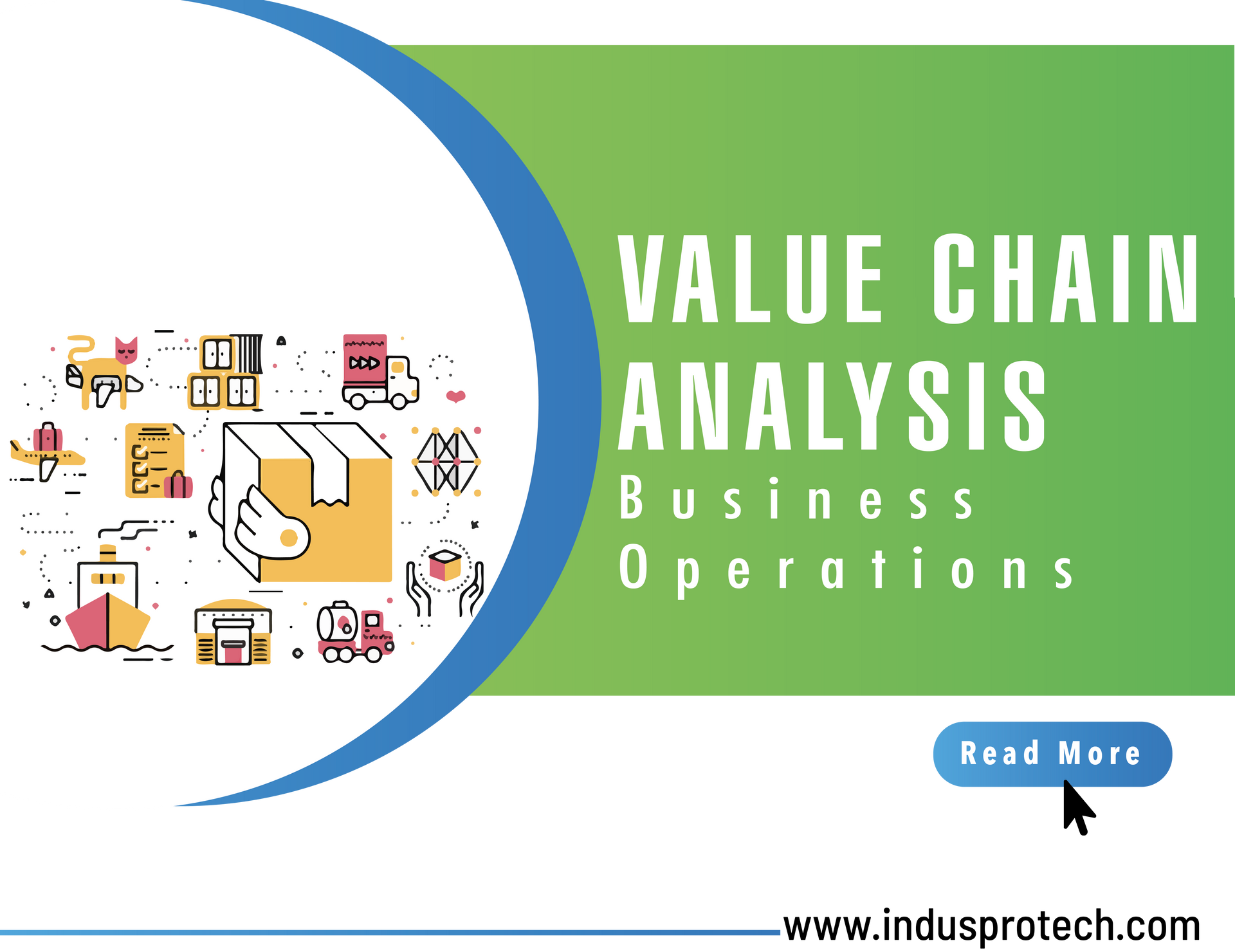How can businesses make use of ChatGPT in Supply Chain Management and Logistics?
Businesses are increasingly using artificial intelligence (AI) and natural language processing (NLP) technology to automate supply chain management procedures in recent years. ChatGPT, a large language model created by OpenAI, is among the most promising AI tools for this use. We'll look at few of the ways where ChatGPT could help organisations to manage and improve their supply chains and logistics operations in this blog article.
Chat GPT in Supply Chain Management (SCM)
1.Automation process
Inventory tracking can be automated using ChatGPT. Businesses can use ChatGPT to quickly and precisely determine when products are running short or when they need to be restocked by training the model on a dataset of inventory data. By doing this, firms can prevent stockout and guarantee that the proper products are always available to fulfil client demand.
2.Forecasting demand
Using ChatGPT in supply chain management, firms may forecast future product demand by training the model on historical sales data. Business owners may use this to prepare for the future and make sure they have the necessary products on hand to fulfil demand.
3. Improving communication and coordination
Within a supply chain, Chat GPT can be used to enhance collaboration and communication. Businesses can use ChatGPT to develop automated responses to frequent questions and requests by training the model on data from previous contacts between suppliers, manufacturers, and retailers. By doing so, the time and resources needed for coordination and communication may be reduced, allowing firms to concentrate on other crucial responsibilities.
Usage of ChatGPT in Logistics
The logistics business could be completely transformed by chatbots and language models like ChatGPT. ChatGPT can help logistics organisations increase efficiency, boost customer satisfaction, and cut costs by delivering correct information instantly and streamlining communication. Now let’s look at the ways in which ChatGPT could be used to improve logistics and make it convenient.
1. Optimisation of logistic routes
ChatGPT can recommend the most effective routes for upcoming shipments by studying information on previous shipments, such as delivery times, costs, and weather conditions. This can assist companies in decreasing their environmental effect while saving time and money on transportation expenses.
2. Prediction of delay of shipments or any disruptions
The management of logistics and transportation is another area where Chat GPT may be incredibly helpful. Businesses can utilise ChatGPT to predict prospective supply chain delays or interruptions/disruptions by training the model on data from previous shipments. This can assist companies in proactively planning for and addressing these problems, lowering the possibility of exorbitant delays or stock-outs.
3. Automation of ordering process
Orders can be placed, deliveries can be tracked, and customers can get real-time updates on their orders using ChatGPT. By offering a more convenient ordering process to customers, this automation process can lessen the workload for logistics businesses and increase customer satisfaction.
4. Data Analysis and insights
Data analysis and insights into logistics operations are possible with ChatGPT. ChatGPT can assist logistics organisations with identifying areas for improvement and streamlining their operations by analysing data on shipping times, delivery routes, and other logistics-related parameters. Costs can be decreased, efficiency can be increased, and production can be raised.



